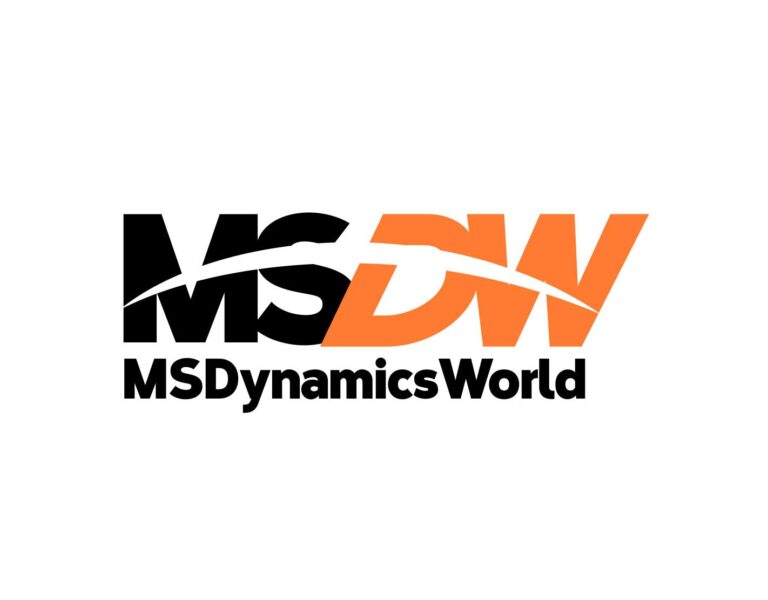With so much information and many marketing options, standing out and attracting your target customers can take time. But what if you could simplify your marketing process, customize every touchpoint, and track outcomes accurately and efficiently?
Meet Salesforce marketing cloud, the breakthrough solution transforming how businesses communicate with their audiences. The purpose of this guide is to show you how to maximize Marketing Cloud through a checklist of the essential steps and best practices.
Guide to Mastering Marketing Cloud
Marketing Cloud is more than just a tool. It’s a comprehensive platform that integrates various features and functions to help you create, manage, and optimize your marketing campaigns across multiple channels. Whether you want to send emails, run ads, create landing pages, or generate leads, Marketing Cloud has you covered.
But Marketing Cloud is about more than just delivering your message. It’s also about understanding your customers and engaging them in meaningful ways. Marketing Cloud uses artificial intelligence and data analytics to help you segment your audience, personalize your content, and tailor your offers based on their preferences, behaviors, and needs.
And Marketing Cloud is not just about boosting your performance. It’s also about measuring your impact and improving your results. Marketing Cloud provides real-time insights and reports that help you track key metrics, analyze your effectiveness, and optimize your strategy based on data-driven feedback.
Marketing Cloud is the ultimate solution for modern marketers who want to take their business to the next level.
Checklist to Maximize Marketing Cloud Benefits
To boost your marketing with Marketing Cloud, you must know how to use it well. This checklist will help you learn the critical skills to improve your Marketing Cloud outcomes and impact.
With this checklist, you can create more effective campaigns, connect better with your audience, and achieve more success in your business:
-
Set up Your Account and Preferences
Ensure you have suitable access, permissions, and settings for your Marketing Cloud account. Customize your profile, preferences, and notifications to suit your needs and preferences.
-
Connect Your Data Sources and Channels
Integrate your data sources and channels with Marketing Cloud to create a unified view of your customers and prospects. Use data extensions, audiences, and contact builders to manage your data and segments. Connect your email, mobile, social, web, and advertising channels to deliver consistent and personalized messages across all touchpoints.
-
Create and Test Your Content
Use content builder, email studio, and journey builder to create engaging and relevant content for your campaigns. Use dynamic content, personalization, and AMPscript to tailor your messages to each customer. Test your content for deliverability, rendering, and performance using tools like inbox preview, spam check, and email validation.
Don’t forget to check out: Salesforce Marketing Cloud Benefits in 2024
-
Launch and Monitor Your Campaigns
Use journey builder, automation studio, and cloud pages to launch and manage your campaigns. Use triggers, filters, and decision splits to create complex and automated workflows. Use tracking and analytics to measure and optimize your campaign performance. Use reports and dashboards to visualize and share your insights and results.
Use Marketing Cloud’s resources and community to learn new skills and best practices. Use feedback and surveys to collect customer input and satisfaction. Use A/B testing and Einstein to experiment and improve your content and campaigns. Use optimization and personalization tools to enhance your customer experience and loyalty.
Marketing in a Digital Age: Challenges and Opportunities
Marketing is an artistic and scientific discipline aiming to deliver value to customers and stakeholders through efficient exchange mechanisms. It is essential for any business or organization that wants to succeed in the dynamic and changing market environment.
However, marketing must also change and improve in the digital age, where technology, data, and customer tastes are evolving fast.
Some of the main difficulties and prospects for marketing in the digital era are:
- Information Abundance: Customers are bombarded with a plethora of information and messages from different sources and channels, which makes it difficult for marketers to attract their attention and curiosity.
- Fragmentation: The abundance of alternatives and the ease of switching among them make it challenging for marketers to retain and cultivate loyal customers.
- Competition: Customers have more power and influence than ever before, and they can easily compare and review different offerings, making it harder for marketers to differentiate and compete.
- Regulation: Marketers need help meeting legal and ethical requirements as customers become more conscious and vigilant about their privacy and security and expect more honesty and responsibility from marketers.
Some of the opportunities that marketers have in the digital age are:
- Personalization: Customers like it when you know them well and give them what they want and need. You can use data and technology to make your products and messages fit customers’ preferences and expectations.
- Engagement: Through social media and other platforms, marketers can create and foster more sincere and significant relationships and conversations with customers, brands, and communities, which customers value and want.
- Innovation: Marketers can use their imaginative and trial-and-error methods to produce and assess new and unique products, services, and solutions that customers are enthusiastic about and open to experience.
- Collaboration: Brands and customers can work together to create and deliver value, and marketers can leverage various techniques to engage and enable customers in marketing activities.
Marketing Efforts with Salesforce Marketing Cloud
Marketing Cloud equips marketers to excel in the digital space, centralizing email, social media, mobile marketing, website building, data analysis, and ad campaigns.
For seamless implementation and expert guidance, consider partnering with Salesforce Marketing Cloud consultants who ensure you extract the most value from this versatile platform.
Marketing Cloud can help marketers with:
- Reach: With Marketing Cloud, you can connect with more people interested in your products or services, no matter what device or platform they use. You can also ensure that your messages and experiences are clear and aligned with your brand.
- Understand: With Marketing Cloud, you can learn more about your customers and group them according to what they do, like, and say. You can also get tips and ideas on improving your marketing.
- Optimize: Marketers can enhance and automate their marketing plans and processes with Marketing Cloud and measure and evaluate their results and consequences.
- Grow: By creating and delivering more value and satisfaction to their customers, Marketing Cloud can help marketers increase their customer base and loyalty, as well as enhance their advocacy and retention.
![]() Check out another amazing blog by Concretio here: Case Study: How Salesforce Marketing Cloud Helped an Online Business Gain More Sales and Customer Satisfaction
Check out another amazing blog by Concretio here: Case Study: How Salesforce Marketing Cloud Helped an Online Business Gain More Sales and Customer Satisfaction
Summary
To wrap up, we have shown you how to maximize Marketing Cloud with a simple and effective checklist. This checklist covers the essential steps to plan, execute, and analyze your marketing activities using Marketing Cloud.
This checklist offers a starting point for your Marketing cloud implementation, but trust Concretio’s expertise for takeoff. We’ll guide you seamlessly through every stage, from planning to execution to optimization, ensuring you maximize Marketing Cloud’s power and reach your business objectives.





